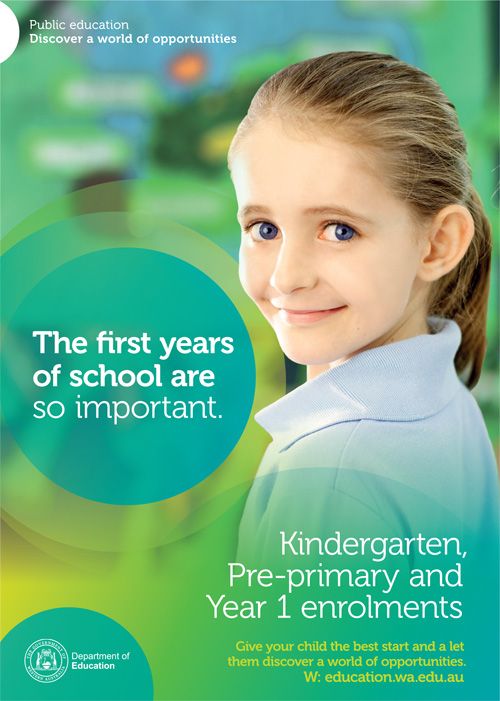

International Baccalaureate: Preparing Students for Life
Naief Khatri
The International Baccalaureate Diploma Programme (IBDP) is a challenging but broadly balanced course of study which prepares 16 year old students for university and life beyond.
IBDP students study courses from six subject groups including Science, Mathematics, Arts and at least two languages.
In addition, students complete an extended essay (EE) based upon independent research in one of their subject areas.
Students also take a theory of knowledge (ToK) course which develops critical thinking and an understanding of the nature of knowledge.
In the CAS (creativity, action, service) component, students follow activities that parallel and complement their academic studies. Creativity encourages engagement in the arts; action promotes physical activity and community service gives students opportunities for personal and social development.
Students graduating from the IBDP hold a widely recognised and internationally transportable qualification and our graduates leave us mainly for overseas universities typically in the USA, UK or Canada. The IBDP is complemented by a Middle Years Programme for secondary school students up to 16 years old and a Primary Years Programme for younger children. Despite the existence of these two programmes many IBDP students switch to the IB at 16 from local qualifications or IGCSE.
In recent years global IBDP entries have grown at 10% per annum. India has been no exception; the IB is rapidly growing in popularity and is emerging as the qualification of choice for international schools, reflecting increasing parental awareness and understanding of the qualification’s strengths. The IB organisation has made a considerable effort to widen acceptance of the diploma worldwide within higher education; in India the number of universities recognising the qualification, and the calibre of student it represents, is growing all the time.
Many factors are involved in the IBDP’s sharp growth but three aspects in particular seem to lie at the heart of its success.
- By requiring students to study in six curriculum areas the IB Diploma ensures they maintain breadth in their studies. Most alternative systems offer comparatively narrower choices, forcing students into decisions that they often come to regret. One accusation levelled at the IBDP is that because this breadth is challenging, the qualification is only suitable for the most able. Experience contradicts this, for example IBD uptake in the USA shows it is seen as an inclusive programme suitable for candidates across the ability range.
- Secondly, delivery of the IB Diploma is student focused and goes beyond academic ability and performance. A strong emphasis on independent study encourages the early development of learning and research skills. Outside the classroom the CAS component develops students’ social awareness. Good schools aspire to developing their students’ social and moral compass and the IBDP formally supports this goal.
- Finally IB Diploma graduates outperform their peers in higher education. Recent research by the Higher Educational Statistical Agency showed that IBDP students are more likely to go to a ‘top 20’ university, more likely to achieve a First or Upper Second class degree and less likely to drop out. The IB’s student-focused course delivery gives students the independence of thought necessary for success at university. At the same time the theory of knowledge and the extended essay components anticipate the intellectual rigour and reasoning expected of modern undergraduates.
Regarding the IBDP, Dr Alice Roberts, Professor of Public Engagement in Science at Birmingham University, said it “often acted as a better preparation for science and medicinal degrees than A-levels” adding that of the students she saw applying to medical school, “the ones that had done the IB seemed to be more rounded individuals.”
In the UK, Professor Wolf, in evidence to the parliamentary education select committee, noted that university tutors are increasingly complaining that first year students are not ready for their university studies. In contrast it is common acceptance that the IB’s diversity prepares students well. Also by focusing on learning within an international context IB graduates also acquire the vision and confidence to fully embrace worldwide higher education and career opportunities.
It is of course true to say that no single education qualification can suit everybody. However, by offering flexibility, academic breadth and embracing areas of non-academic achievement the IBDP provides the greatest number of students with the greatest opportunity for success. For The British School, New Delhi a final attraction is that our own educational philosophy aligns closely with the IB organisation’s ambition to “develop inquiring, knowledgeable and caring young people”.
Dr. Nick D. Argent serves as Director for The British School in New Delhi.
Related Links
- 10 Kick-Ass Moms Who Will Seriously Inspire You
- 20 exciting career options for which you don't need a Bachelor degree
- Easy Education Loans through Startups
- How to send money to your child studying abroad
- Analyzing The Top Fashion Designing Colleges In Mumbai
- 14 Things only Indian Engineering Students would Know
- 5 advantages of pursuing a BBA after your 10+2?
- 6 rising education startups in India
- 8 interesting UN facts
- All About Choosing a Career in Design

About Nick D Argent
Dr. Nick D. Argent serves as Director for The British School in New Delhi.

Latest
Articles
CBSE Compartment Result 2023 OUT: Click For Direct Link
Home CBSE Compartment Result 2023 OUT: Click For Direct Link The CBSE 10th Compartment Result 2023 is expected to be
IIT Roorkee Launches Professional Certification Program in Product Management
Home IIT Roorkee Launches Professional Certification Program in Product Management The fees five-month long programme is for Rs 1,40,000 +
Join Our Whatsapp Community
Lorem ipsum dolor sit amet, consectetur adipisicing elit, sed do eiusmod tempor incididunt ut labore et dolore magna aliqua. Ut enim ad minim veniam, quis nostrud







